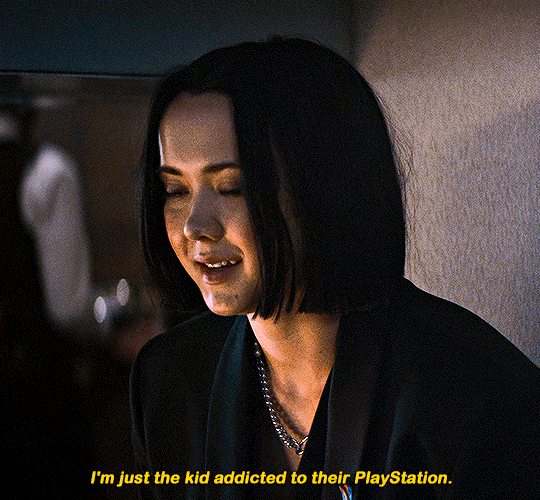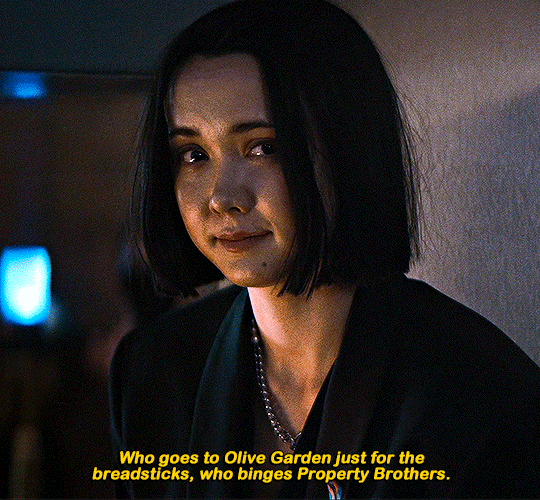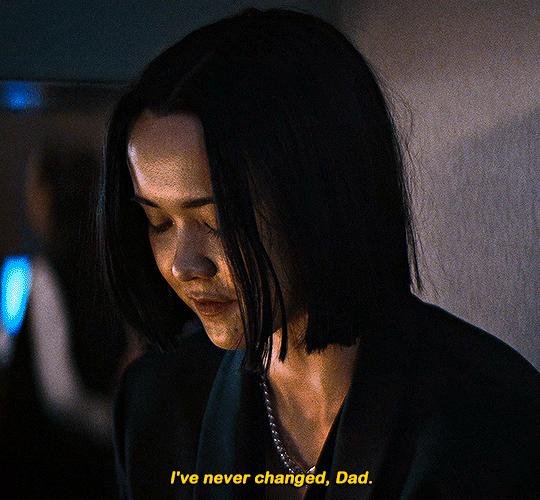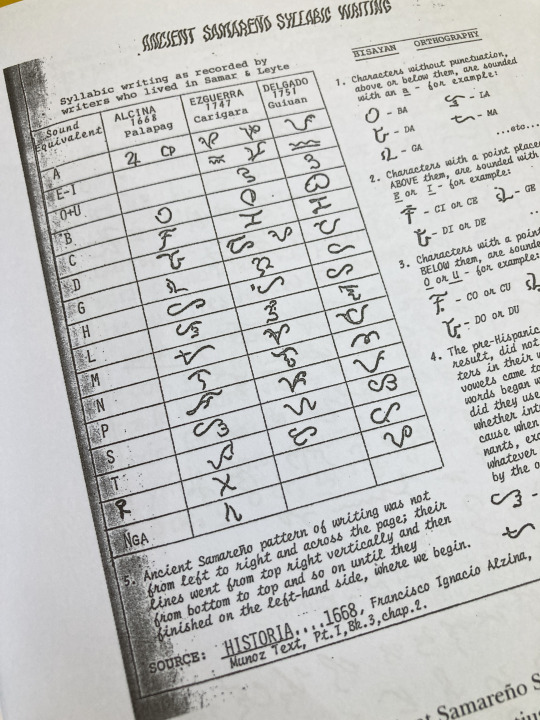blog project for "language variation in society" module
Don't wanna be here? Send us removal request.
Text




"I get a lot of kids don't have a choice. But you do. You could be a boy forever if you want." - GEN V (2023-)
5K notes
·
View notes
Text


em
590 notes
·
View notes
Text


EMMA. (2020) dir. Autumn de Wilde
1K notes
·
View notes
Text
one night this week, i was coughing in my sleep. when i woke up, i was just like at least it's over, yk? but i did not realise how badly my coughing messed up my vocal cords until i went out.
i sounded like i was going through puberty. i couldn't even raise my pitch slightly when ordering food at a resto without my voice cracking.
and i love to sing randomly every day, so i felt like this

IT WAS TORTURE!!!!
i just hate not being able to sing. my voice has been recovering lately, though, so i was singing a bit more. i was singing when i was enjoying the summer sun on a bench, and singing when i crossed the street. some people looked at me weirdly.
i guess the ppl here don't love singing as much as my ppl (i.e. filipinos, but more specifically visayans) do. ppl here like to sing, but for my ppl, it's more than just "like." singing is our life. i remember during freshers' week here at uclan, lampworks held a karaoke event; i'd been so worried about arriving half an hour late, only to find that nobody was singing yet.
when i did more research about it, it turns out that my ppl's obsession with singing goes all the way back...
pre-colonial/indigenous

chirino (as quoted by piscos, page 227):

alcina (as quoted by kelly):
note: no page numbers, so just ctrl+f with "seldom" to find this quote
chirino and alcina were spanish chroniclers who observed the visayans before the spanish empire took hold of the whole philippine archipelago.
they observed the visayans decades apart, but visayans' love for singing remained the same.
william henry scott also discussed visayan pre-colonial/indigenous music in his iconic nonfiction book, barangay:






reading about this made me want to cry for a few reasons, namely:
1) i'd grown up thinking that my language, cebuano ("visayan"), was a very simple, plain, almost utilitarian language with no aesthetic value.
2) especially bc i'm gen z, my cebuano usage is sometimes rather diluted (lots of code-switching, code-mixing, or lexical borrowing between cebuano and english/tagalog).
3) to find out that my ancestors considered literature and music inseparable, and that our language was (is) so rich, is overwhelming.
i wish more ppl knew these things. but as long as i love to sing, i feel like i am carrying that history with me, even if my cebuano is sometimes peppered with a bit of english and/or tagalog borrowed vocabulary or code-switching.
the impact of colonialism

so... the spaniards, for all their manyyyyyy faults, actually didn't screw up our music (and by extension, our language) too much. they used religion (specifically catholicism) to conquer the visayas, even though the visayans were initially far trickier to colonise than the tagalogs were.
lizette tapia-raquel quotes one of chirino's chronicles here (pages 113-114), discussing a woman from carigara (in eastern visayas) who was indoctrinated by spanish jesuits via terrifying thoughts of eternal damnation.
but!
the spanish jesuits actually learned cebuano and other philippine languages, as arañas notes in this academic paper. they spread the word of god (and spanish empire propaganda) not by forcing the natives to speak spanish, but by learning the natives' languages.
gutierrez also notes in her nonfiction book about the balitao, an indigenous visayan art form, that spanish influence shifted the balitao's topic from simply a love debate between man and woman to catholic stuff like baby jesus' birth.
modern cebuano retains some spanish influence, but mostly through nativised words, e.g.


the united states' imperialism dealt a far more severe blow to cebuano music, as well as our language.

the americans promised to liberate the philippines from spain, but then put the then-still-nascent nation under colonial rule again. in 1900, president mckinley made english the sole language of instruction in the country, creating a diglossia in which english dominated over the philippines' indigenous languages.
even worse, the americans kept referring to the philippine languages as "dialects." their (wilful) ignorance devalued these languages, especially The Ones That Weren't Tagalog™, the native tongue of manila, historically favoured by imperialists.
tagalog was chosen as the basis of "filipino," an artificially constructed "language" (actually just a standardised, nationalistic sociolect of tagalog tbh) bc it was "more important" than other ph languages.
by the late 20th century, the impact of american ignorance and imperialism + the soft power of american pop music threatened the existence of cebuano-language music. cebuano music still existed, but indigenous or traditional art forms were abandoned in favour of pop and rock, mostly written in english.
it wasn't until the 2010s that the vispop (visayan pop) songwriting campaign breathed new life into the cebuano music scene. although vispop songs use a mix of cebuano with other languages (mostly english and tagalog), it still helped a lot of cebuano speakers embrace and love our music and language.
youtube
(this is an example of a 2010s vispop smash hit, which incorporates some english words alongside the cebuano lyrics)
a study that analysed vispop queen therese villarante-langit's songs linked the poetic qualities in her music to the now semi-obsolete cebuano art form of balak (love poetry). thats so beautiful.
even though our love poetry is no longer widely practiced, and cebuano is socially devalued in the philippines (a lot of cebuanos even look down on our own language), the sheer poetic loveliness of our mother tongue lingers in our pop songs.
this is one of my absolute favourite vispop songs EVER (released in 2023):
youtube
"day and night" by alamat features lyrics in cebuano, english, and tagalog. ms. therese villarante-langit penned the cebuano lyrics.
nylon manila said this about the use of cebuano in the song: "alamat once again embraces the beauty of the cebuano language. it adds an extra touch of romance and allure to the song."
so right now, that's where cebuano music is at: no longer quite "pure," but still a thing of unique, distinctive beauty. although our music now incorporates a lot of foreign influences (both sonically and linguistically), it hasn't lost its true-blue visayan spirit.
the same can be said for the cebuano language as a whole, too: despite all its changes, it is not broken. it's still here.
and as long as cebuanos who love ♪ music ♪ exist, it will always be here. 🫶🏼
0 notes
Text
tinuod pa ba ang gugma?
sa karung panahuna, naa pa ba tay makit-ang gugma? gugmang walay hugaw ana sila naa paman daw pero sa akong makit-an kaniadto ang kasingkasing na gitamakan nimo wala na kabarug sa kasakit na gibati sa paghigugma kanimo sa usa ka lalaki kung nakat-on palang tang tanan dali unta ta mapul-an sa pag-gukod sa tawong sigeg bisyo sa tawong walay ayo
ug wala, edi wala ug naa, edi naa mao nang sige nalang tag pangutana "ma, tinuod pa ba jud ang gugma?"
2 notes
·
View notes
Text


Just finished "Surat Binisaya" by Rolando O. Borrinaga, which gave me a deeper understanding of the on-going challenges of translating Philippine scripts written on old Philippine artifacts. One challenge is determining the validity and age of the artifacts. Another is determining what language was used when writing them, and what the objects were used for. Last but not least, Borrinaga shares an updated list of old Bisaya words derived from a Spanish dictionary by Francisco Alcina written in 1668. The corrected words span 40 pages of "Surat Binisaya," with possibly 400 to 500 Bisaya words from the 1600s. The rest of my "book review" here: https://filipeanut.art/surat-binisaya-by-rolando-o-borrinaga/
28 notes
·
View notes
Text




Colet in Salamin Salamin Music Video
43 notes
·
View notes
Text
i need to buy a tote bag wtf
update: I DID!!!!!
0 notes




